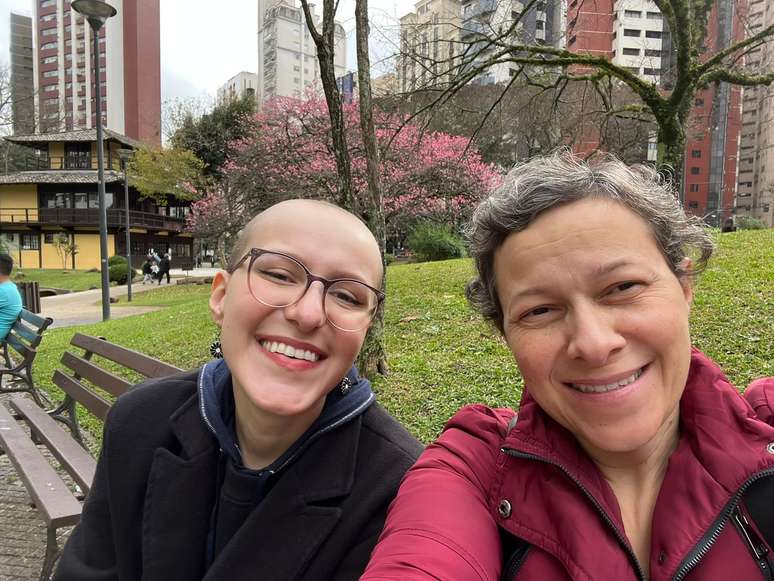The Responsible Literacy Program offers training to teachers in 424 cities of SP; The public education networks that advance the most in the indices will be rewarded
Recognized for offering professional qualification courses, the Sesi San Paolo Last year it launched the Responsible Literacy Program (PAR) to also support municipalities in teaching children up to the second grade to read and write.
In Brazil, according to the latest data released by the federal government, in 2023 only 56% of children enrolled in public schools reached the literacy level defined by the Ministry of Education (MEC) for the 2nd year of primary school. The index is the same as recorded before the pandemic.
According to the MEC’s forecasts, by the end of 2030 more than 80% of children will be literate. Experts point out that when students fail to fully read and write at the right age, their entire academic development over the years is harmed.
“We have 143 basic education schools, more than 90 thousand students in our network, but we serve about 10% of the workers’ children. We wanted to serve other workers’ children who are not in our units but in the public network. We needed to help the public school to improve its rates, there has been a call from the federal government to build a pact for literacy at the right age”, says Karina Drumond, educational technical supervisor of Sesi São Paulo.
The Responsible Literacy Program offers training for early childhood education teachers, who deal with children aged 4 and 5 up to the 2nd year of primary school, when pupils are around 8 years old. This year the initiative served 424 municipalities, reaching 26,414 teachers and 8,827 public school principals. There are 517,601 students affected in 4,269 schools.
The training lasts 30 hours, 18 hours in person and 12 hours remotely. In early childhood education some of the topics covered are phonological awareness and awakening to reading for pleasure. Among primary school teachers the debate focuses on the challenges of literacy. School leaders are also helped.
“The training enhances the action of the teacher as a protagonist in this process. This is a profession of intellectuality, creativity and which is often not valued in Brazil. What we do most in these training courses is to say how important it is for society that we want to build, how much this change in the country depends on him”, says Karina.
Monica Nunes Fagundes, a first-year primary school teacher who recently passed a public exam in the municipal network of Ribeirão Preto, within the state, recalled the importance of continuous training and learning new pedagogical approaches. “I believe that the methodology of the course was significant for the teachers in training, because in the dynamics we can put ourselves in the student’s shoes, understanding and respecting his way of thinking. The training showed me that I can make literacy enjoyable, participatory, inspiring and, above all, respectful,” he said.
The eight PAR municipalities that make the greatest progress in literacy rate will be rewarded with a maker room installed in a school. The space will be equipped with computers, tools and objects such as a 3D printer to allow students to have more exploratory pedagogical experiences. There will be support from a Sesi professional.
Saresp’s reading, writing and mathematical literacy scores will be used as evaluation criteria, as well as the cities’ socioeconomic levels. Winners will be announced on December 3.
Source: Terra
Rose James is a Gossipify movie and series reviewer known for her in-depth analysis and unique perspective on the latest releases. With a background in film studies, she provides engaging and informative reviews, and keeps readers up to date with industry trends and emerging talents.






